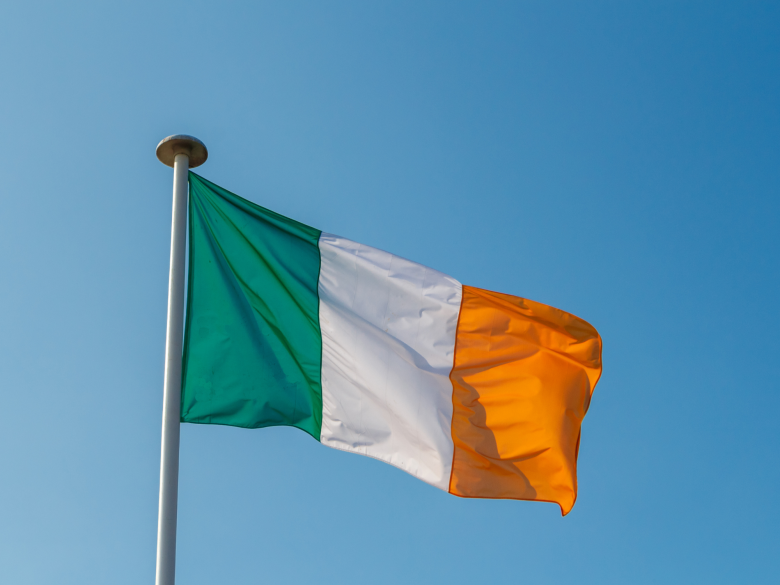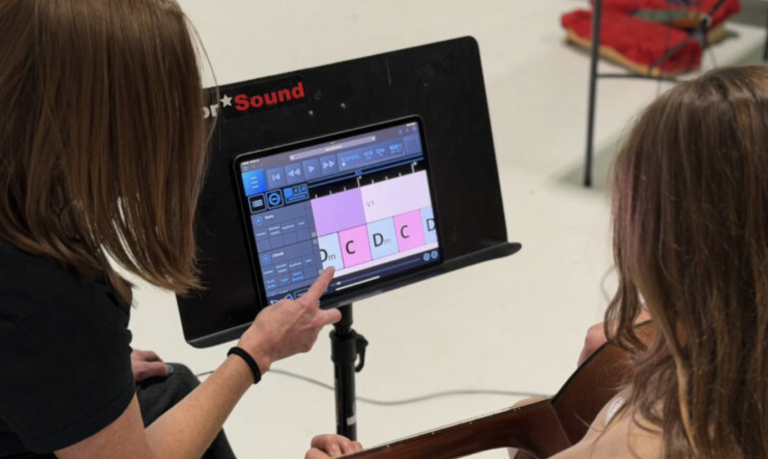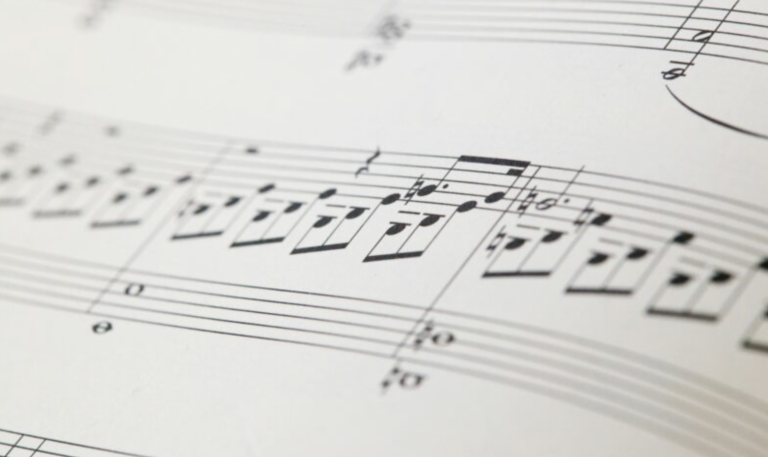
Ireland is preparing to make history in cultural policy. The country will transform its Basic Income for the Arts pilot into a permanent program starting in September 2026. First launched during the Covid-19 crisis, the scheme has provided €325 a week to artists and creative workers. It offered stability at a time when many faced uncertainty.
Government Commitment to the Arts
Culture Minister Patrick O’Donovan confirmed the government’s long-term commitment. “The Basic Income for the Arts pilot scheme, which I extended this year, will end in 2026, and I will bring a successor scheme to Government with the intention of embedding a permanent basic income in the Arts and Culture sector,” he said. He also called the initiative “the envy of the world, and a tremendous achievement for Ireland, and must be made future-proof and sustainable.” His remarks underline the determination to secure the future of the arts.
Ireland’s 2026 budget also delivers a major boost for live music. The Grassroots Music Venue Support scheme will see its funding double to €1 million next year. This increase will help smaller venues, which often nurture new talent, remain viable. By doing so, the government strengthens not only individual artists but also the cultural infrastructure that supports them.
Model for Global Arts Policy
Furthermore, the decision positions Ireland as a global leader in arts policy. While many countries still debate how to support creative workers, Ireland is embedding financial stability into its cultural framework. This approach recognizes that the arts are not a luxury. Instead, they form a vital part of national identity and economic growth. Consequently, the initiative may inspire other nations to follow suit.
In summary, Ireland’s move to make the Basic Income for the Arts permanent marks a turning point for cultural support. Combined with increased funding for grassroots venues, the plan shows a long-term vision for creativity, tradition, and innovation. For artists and audiences alike, the future of Ireland’s cultural sector looks stronger than ever.








